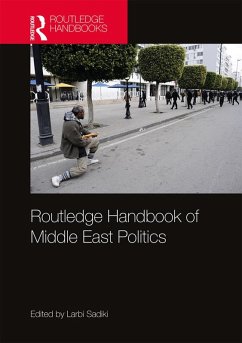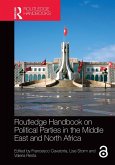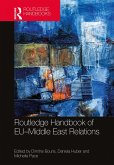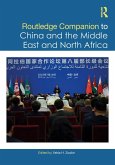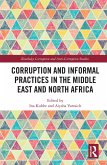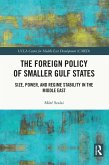It positions the didactic at the centre of inquiry. Contributions by forty-four scholars, both veterans and newcomers, rethink knowledge frames, conceptual categories, and fieldwork praxis. Substantive themes include secularity and religion, gender, democracy, authoritarianism, and new "borderline" politics of the Middle East. Like any field of knowledge, the Middle East is constituted by texts, authors, and readers, but also by the cultural, spatial, and temporal contexts within which diverse intellectual inflections help construct (write-speak) academic meaning, knowing, and practice. By denaturalizing notions of singularity of authorship or scholarship, the Handbook plants a dialogic interplay animated by multi-vocality, multi-modality, and multi-disciplinarity.
Targeting graduate students and young scholars of political and social sciences, the Handbook is significant for understanding how the Middle East is written and re-written, read and re-read (epistemology, methodology), and for how it comes to exist (ontology).
Dieser Download kann aus rechtlichen Gründen nur mit Rechnungsadresse in A, B, BG, CY, CZ, D, DK, EW, E, FIN, F, GR, HR, H, IRL, I, LT, L, LR, M, NL, PL, P, R, S, SLO, SK ausgeliefert werden.

